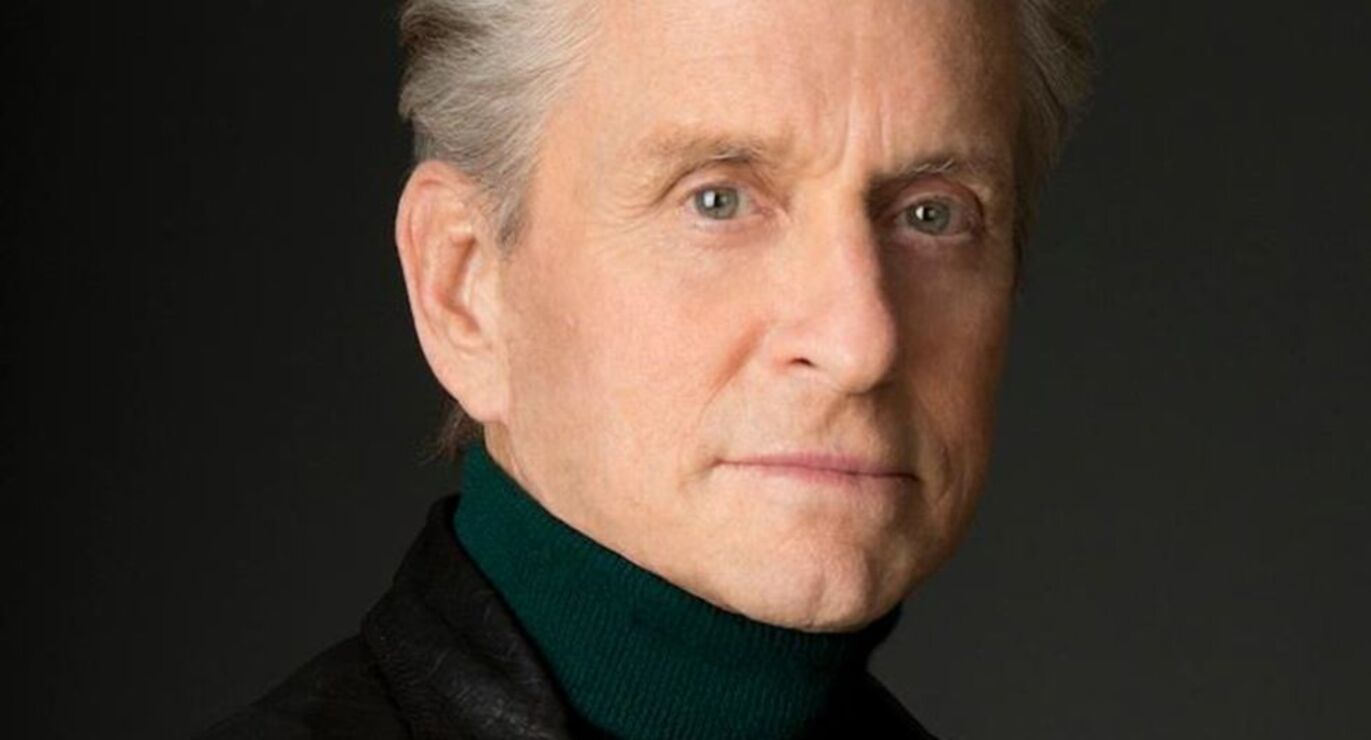
“SkinnyTok”: Thinness in Danger
“SkinnyTok” promotes dangerous eating habits on social media and reinforces harmful stereotypes about body image.
“SkinnyTok”: The Alarming Weight Loss Trend Worrying Mental Health and Nutrition Experts in the U.S.
The short-form video platform TikTok has become the birthplace of countless viral trends—some harmless, others potentially harmful. One of the latest and most concerning is “SkinnyTok,” a subculture that glorifies extreme thinness and promotes restrictive eating habits. This trend has raised serious concerns among mental health and nutrition professionals in the United States, who warn of its potential dangers to both physical and psychological well-being, especially among youth.
“SkinnyTok” includes videos offering so-called “tips” for suppressing hunger and “inspiration” featuring extremely thin bodies. Phrases like “Hunger is not an emergency” and “Your weight is the weight others fear” are common, promoting disordered eating behaviors and distorted body image ideals.
Experts are particularly concerned about how easily teenagers—one of TikTok’s main audiences—can access and be influenced by this content. Recent studies show that constant exposure to unrealistic beauty standards on social media is linked to increased body dissatisfaction and disordered eating behaviors in adolescents.
One of the most criticized trends includes “What I Eat in a Day” videos, where users document and share their daily meals. While these may seem harmless, health professionals argue they often promote unhealthy comparisons and unrealistic standards of eating and body weight.
In response to the growing concern, organizations like the Butterfly Foundation have called on digital platforms to implement stricter regulations to protect vulnerable users. While TikTok has taken some action—such as banning certain influencers who promote dangerous weight loss advice—experts believe much more must be done to eliminate this harmful content.
It is crucial that social media users develop a critical perspective on the content they consume and that platforms take active responsibility in promoting healthy and realistic body image messages. Digital health education and media literacy are key tools to empower young people and help them safely navigate the complex world of social media.











LEAVE A COMMENT: